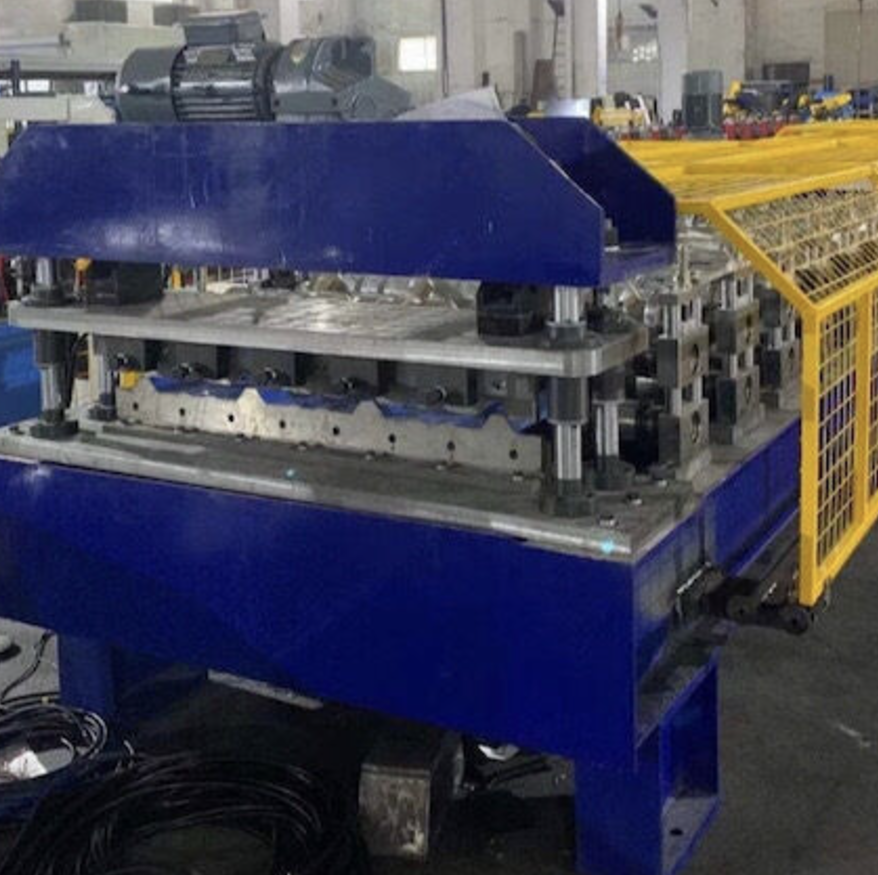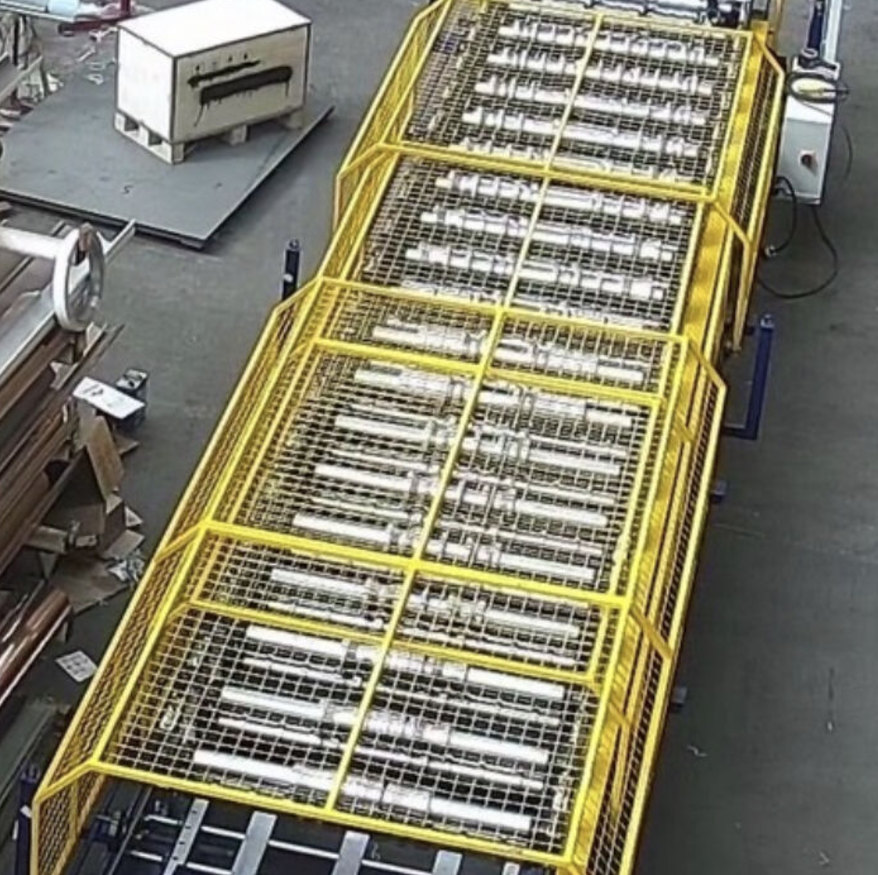To express an interest in this machine please submit the form below.

Not Sure What Machine You Need?
Select Your Profile, We'll Match It
Choose your desired profile drawing, and let Machine Matcher connect you with the best roll forming machine tailored to your needs.
Browse Profiles



A roof roll forming machine is a specialized piece of equipment designed to produce high-quality, consistent roofing panels and profiles from metal coils. These machines are integral to industries such as construction, manufacturing, and infrastructure, offering precision, efficiency, and reliability. Spain, with its diverse architectural styles and dynamic construction sector, requires advanced roofing solutions, making these machines a valuable asset.
A roof roll forming machine is an automated system that converts metal coils into roofing panels or profiles of various shapes and sizes. The process involves feeding a metal coil into the machine, where it passes through a series of rollers that gradually shape it into the desired profile.
| Parameter | Specification |
|---|---|
| Material Type | Galvanized steel, aluminum, stainless steel, copper. |
| Material Thickness | 0.3 mm to 1.2 mm. |
| Coil Width | 1000 mm to 1250 mm (customizable). |
| Rollers Material | High-grade chromium steel with heat treatment for durability. |
| Roller Stations | 12 to 24 stations, depending on profile complexity. |
| Motor Power | 5.5 kW to 15 kW, with variable frequency drive (VFD). |
| Cutting System | Hydraulic cutting system with hardened blades for precise cuts. |
| Control System | PLC-based control system with touch-screen interface for easy operation. |
| Production Speed | 10 m/min to 25 m/min (can vary based on profile and material). |
| Machine Dimensions | Length: 8–12 meters, Width: 1.5–2 meters, Height: 1.2–1.8 meters. |
| Weight | 5–10 tons, depending on the machine configuration. |
| Safety Features | Emergency stop buttons, safety guards, and enclosures. |
Roof roll forming machines can produce a variety of profiles, including trapezoidal, corrugated, and standing seam panels, depending on the roller die design.
Common materials include galvanized steel, aluminum, copper, and stainless steel, which are widely available in Spain.
The installation and setup process typically takes 1–2 weeks, depending on the machine's complexity and the operator's experience.
The cost ranges from €30,000 to €120,000, depending on features, production capacity, and customization options.
Yes, many suppliers offer local support and spare parts in Spain, ensuring timely maintenance and repairs.
Yes, these machines are designed to operate efficiently under diverse environmental conditions, from coastal humidity to dry inland areas.
Most suppliers offer a warranty of 12–24 months, covering manufacturing defects and critical components.
Yes, suppliers typically provide training for machine operation, maintenance, and troubleshooting.
Absolutely! Machines can be customized to produce specific profiles, catering to unique design needs in Spain's construction sector.
Key considerations include:
Copyright 2026 © Machine Matcher.